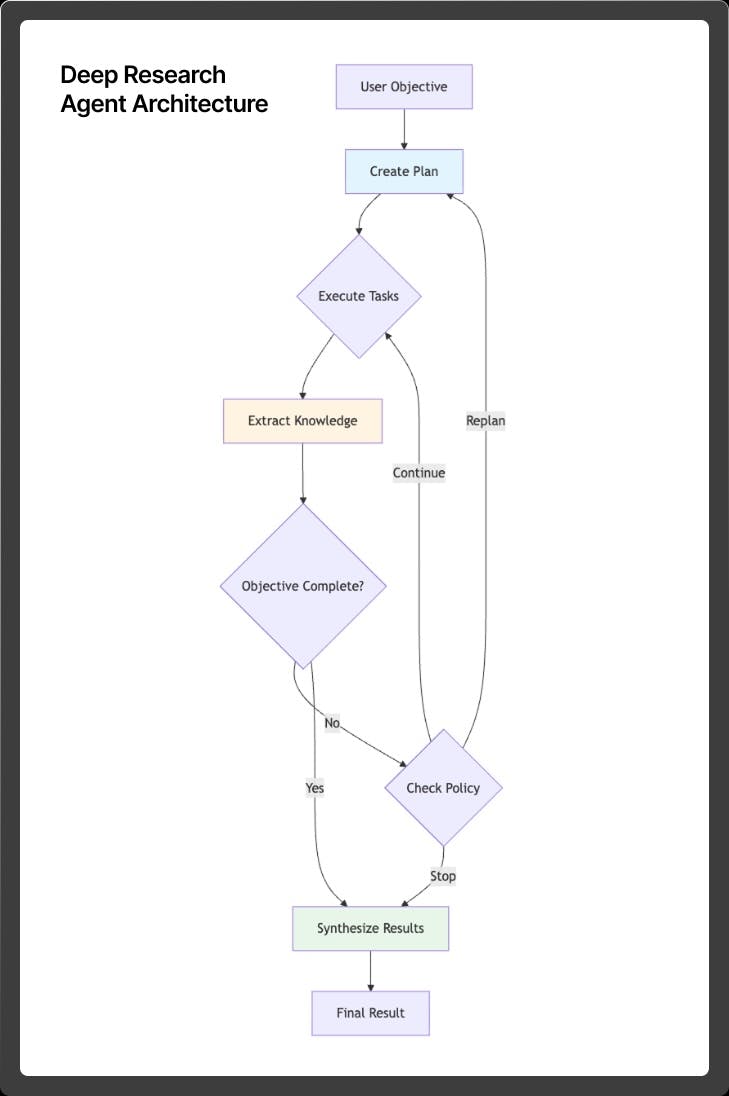By Rebekkah Hogan (Meta), Sowmya Kannan (IBM), and Lydia Logan (IBM)
Education and skill-building is a key priority of the AI Alliance. Already, leaders are sounding alarm about an AI skills crisis, with too few people having the skills needed to work in the field, and too few opportunities for diverse populations to gain the training and experiences they need at scale, and economies standing to lose trillions. The World Economic Forum estimates that 60% of jobs in developed nations will be impacted by AI, along with 40% of jobs in emerging countries.
Along with skilled people working in technical roles, people working in non-technical fields also need AI skills to understand how these technologies can help them become more productive and insightful in their work, and importantly, to understand what AI technology does not do (yet). The general public, too, has much at stake in building AI literacy and a strong sense of the effective and ethical use of AI tools in their work and lives.
Understanding the core skills, knowledge, and behaviors that are vital to our world’s economy and society is the first body of work that the AI Alliance Education and Skills working group is tackling, emerging as a top priority and prime opportunity for collaboration and impact across the working group’s industry and academic leaders.
Over the next several months, AI Alliance members IBM and Meta plan to sponsor research and conversations to understand, organize, and document key AI skills, knowledge, and behaviors, and to differentiate those skills across multiple personas. This effort will allow us to gain a more comprehensive understanding of the wide variety of knowledge required across our economies and societies, not just in the tech industry, and to begin to reach a shared understanding and broad commitment to filling the gaps and reaching everyone who needs to grow in their understanding and capacity in AI.
The AI Alliance is uniquely positioned to help advance this work. Many consortiums include only employers or higher education institutions. The Alliance intentionally includes both sectors, as well as non-profit and government entities. Working together, we hope that the outcomes of these efforts are more relevant and holistic, and will have greater impact across the entire ecosystem, from education and training providers to employers. We also hope that articulating the skills, knowledge, and behaviors that are valuable for everyone, not only technical workers, will:
- Increase alignment across sectors, resulting in improved opportunities and outcomes for students and job seekers.
- Improve relevancy of training programs and academic curriculum, resulting in improved AI competencies across all fields of study.
- Support more collaborative and transparent approaches across academic and corporate partners, many of which are building and investing in their own skill development programs where learning and employment outcomes are not clear to learners and workers.
Over the next several months, Alliance members plan to share the progress, and hope to engage with many stakeholders in vetting and validating the results.
This work is just beginning, and members of the Alliance recognize that creating a truly collaborative and aligned culture around AI skills will take time. We are confident that these first steps are the right ones to create meaningful, shared, and lasting change for the future of our world’s economies and societies.


